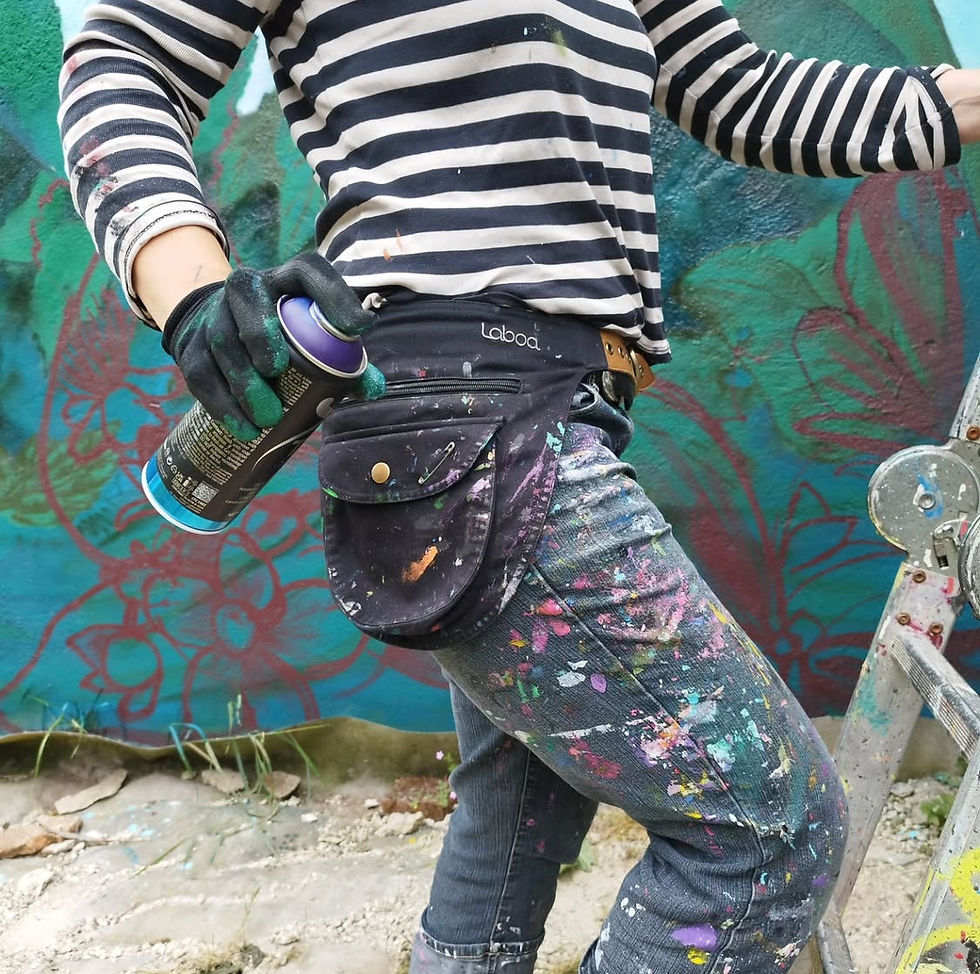International Women's Rights Day
- Justine
- Mar 9, 2023
- 4 min read
Updated: Mar 10, 2023
Each 8 March marks the International Women's Rights Day official date.

What really represents this day? What is behind it ? How did it emerge ? What is the situation today ?
Formalized by the United Nations in 1977, this initiative highlights the inequalities still present today between women and men. Established in France in 1982 by the President of the Republic François Mitterand, the International Women's Rights Day dates back to the working-class struggle for better work conditions and the suffragettes struggle for the right to vote time.
Indeed, on March 8 1857, women garment workers from the New York city marched in the streets, right beside men, holding signs and banners in order to exercice better work conditions and the respect of their dignity. On June 21 1908, 250 000 suffragettes claimed the women right to vote in London.
The first International Women's Right Day was celebrated on March 19 1911 (in Europe and in the United States) by the "Internationale Socialiste des femmes" (Socialist International Women), a feminist movement, and was already advocating for more rights.
After the signature of the United Nations charter in San Francisco in 1945 to claim the gender equality as a fundamental right, demonstrations have multiplied once a year across the world for gender equality.
These days are also an opportunity for assessment, especially in figures, about the actual situation between the men and women equality.
Numerous activists associations take advantage of these days in favor of women's rights to celebrate the recent benefits as a way to make the demands that remain on the agenda heard.
There are numerous rights inside the large category of women's rights: natural right, employment law, right to vote, safety right or the right linked to the reproduction.
For centuries, the goal is to reach a more egalitarian society thanks to the defense of these rights.
Today in France, these ones are supported by law. Nevertheless, in several countries, they are ignored or not respected despite the law.
What is the link between the brand and the belt bags Laboa ? Why is this day important for us ?
The respect of women's rights is essential for Laboa.
Thus, in order to respect it in the best way, we have our belt bags made in the textile workshop of Fair Fashion Vietnam, the first social enterprise in Vietnam, created in 2004 and awarded as a model company by the Ministry of Industry and the Vietnamese textile union in 2011.

Indeed, it is widespread that the textile brands are in search of low production costs and that they pay the seamstresses without respecting the minimum standard of living, making them do obligatory and unpaid overtime (16 or 17 hours of work per day).
Nevertheless, the Fair Fashion Vietnam workshop operates differently and shares our values and this is the reason why we have chosen them !
Their conditions are the following:
- The salary is 300 € / month for 44 hours of work / week (twice the minimum wage in Vietnam).
- Each employee benefits from a thirteenth month.
- Each employee benefits from social health coverage for herself and her family.
- Overtime, which is not compulsory, is increased by 50%.
- Meals are free of charge (free accommodation is available if needed)
- In case of need or unforeseen circumstances, Fair Fashion lends money at 0% interest.
- A vacacional trip is offered and organised by the workshop when possible.

Furthermore, Fair Fashion Vietnam workshop is part of a program called Alliance Anti Trafic, which is in charge of the training and the social reintegration of young women victim of sexual dealers.
With its profits, the workshop voluntarily trains these women to the (Haute) couture profession. As soon as the minimum qualitative level is reached, they are hire to the manufacturing. On the other hand, Fair Fashion Vietnam assists technically, finacially and commercially the seamstresses who wish to create their own company on the local market.
Thanks to its implemented projects, the NGO Alliance Anti Trafic helps every day victims and at-risk persons while developping constantly the communities capacity to eradicate sexual violences.
To finish, we know that you have loved them !
That you ask for them back for a very long time !
Then TADAAAAA 🤗 !!!!!!

After the COVID crisis, where the access to the villages had become complicated, we are working now for the ETHNIC collection to be relaunched this summer 2023!!!
The belt bags of this collection combine both vietnamian craft and modern style.
Do you remember?
The flap of the small pockets is handwoven by our women weavers from the Bahnar ethnic villages (minority ethnic group in the central Kon Tum region of Vietnam). The Bahnar women have an ancestral know-how in weaving ethnic patterns: a craft that is being lost to cheap and low-quality industrial weaving.
As a reminder, this phenomenon generates openings losses for the artisanal weaving, the disappearance of a unique know-how, the obligation for young girls from the villages to work in the fields rather than learn the weaver art, the families impoverishment and the dependence to the humanitarian aids.

By giving them work, Laboa encourages their ancestral know-how and supports the families from 10 vietnamian villages income. As practical and comfortable as ever to keep your precious belongings with you during your activities, ETHNIQUES belt bags offer an original touch to your daily look!
Then stay connected, they will be back soon !!!
Article by :
Justine Couturier, Marketing Assistant
And Clara Joulin, Marketing intern









Comments